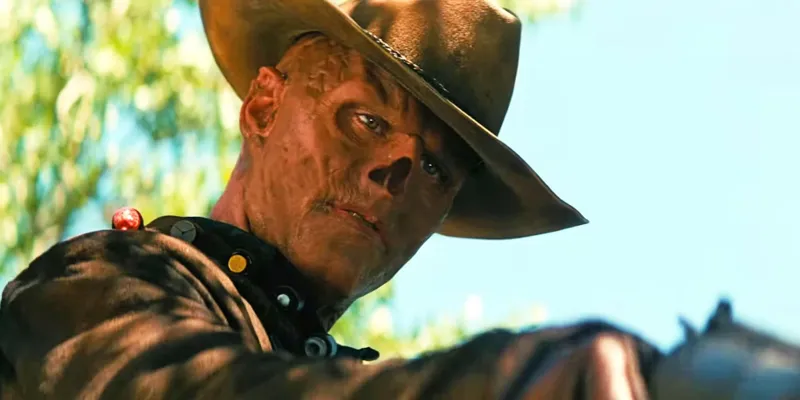Fallout, renowned for its expansive wasteland and rich lore, introduces a myriad of captivating elements. The show's creators faced a wealth of material to draw from, with ghouls emerging as a focal point. Often overshadowed in the franchise, ghouls have steadily gained prominence in each game iteration. The Fallout series bestows ghouls with new lore, significant prominence, and compelling representation in the TV adaptation.
Drawing inspiration from various games in the franchise, the Fallout series weaves a narrative that amalgamates decades of backstory. While not a direct adaptation of any single storyline, the show amalgamates elements from multiple sources, adapting them to suit the television format. Despite some fan discontent with alterations to the wasteland and chronology, the show successfully translates the essence of Fallout to the small screen.
Understanding Ghouls in Fallout
Ghouls in the Fallout universe are post-humans transformed by radiation, inhabiting the desolate wasteland. Exposure to radiation can mutate humans into ghouls, granting them immunity to radiation and extended lifespans. The ghoulification process imbues them with a potent healing ability, making them resilient to injuries that would be fatal to most humans. However, this transformation often leads to mental instability, occasionally resulting in feral behavior. Despite societal prejudices, ghouls like John Hancock from Fallout 4 have garnered widespread acclaim, showcasing the species' diverse nature.
Portrayal of Ghouls in the Fallout Series

Amazon's Fallout TV series shines a spotlight on ghouls, with a ghoul protagonist and supporting characters featuring prominently. Episode four offers a detailed glimpse into the world of ghouls, notably exploring the concept of ghouls turning feral. Unlike the games where some ghouls retain their sanity inexplicably, the show introduces a drug dependency for ghouls to maintain their faculties. Failure to take the prescribed medication results in a descent into madness, a theme poignantly depicted in the series.
The portrayal of Roger, a ghoul struggling without medication, underscores the challenges faced by these post-humans. His eventual fate, guided by a fellow ghoul, encapsulates a mix of acceptance and tragedy. The series delves into the complexities of ghoul existence, including ethical dilemmas and societal treatment. Despite its humorous undertones, Fallout adeptly navigates the nuanced portrayal of ghouls and their precarious reality.
Unraveling the Ghoul Character in Fallout
The Ghoul, also known as Cooper Howard, emerges as a central figure in the Fallout series, embodying the archetype of a Western-inspired anti-hero. His journey as a ghoul encapsulates themes of resilience, morality, and a quest for purpose beyond survival. With centuries of experience and unique abilities, the Ghoul symbolizes the untapped potential of his species. The Fallout series not only elevates the portrayal of ghouls but also addresses the discrimination they face, offering a poignant exploration of these irradiated beings.

